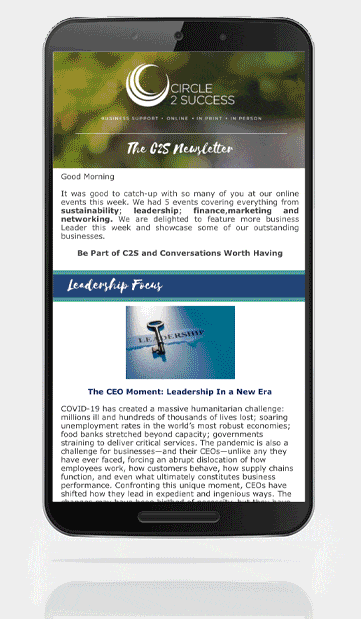
On 11 March 2020, the World Health Organization declared COVID-19 a global pandemic, marking the official start of a period of profound disruption and suffering. One year later, we still find ourselves in its grip, but vaccines developed at breakneck pace have enabled us to envision recovery. The details of that recovery are not yet clear. However, it’s certain that we cannot simply go back to the way things were before. The pandemic has laid bare fundamental deficiencies in our global system, weaknesses in business operating models and challenges that will shape our world moving forward. It has also unleashed energy and creativity, as leaders seek out enduring solutions to these problems.
The pandemic’s dual role as accelerator of transformation and amplifier of disruptive forces is the thread that runs through our 24th Annual Global CEO Survey. Most of the CEOs responding to the survey are bullish about a global economic comeback. It will be enabled by a continuation of companies’ pandemic-induced digital acceleration, which promises productivity and other business benefits, but also increases the threat of cyberattack and the spread of misinformation. Although CEOs’ confidence in their own company’s revenue prospects has rebounded, they are anxious, too: about the trajectory of the pandemic, tax and regulatory policy uncertainty, and, to a slightly lesser extent, climate change.
Numbers tell a story, but we know there’s more to most stories than numbers. That’s why we’ve combined the findings from our 5,050 survey responses, gathered in January and February of 2021, with qualitative insights: interviews with chief executives conducted as part of our Inside the Mind of the CEO series and analysis from our Take on Tomorrow series, published between January and March, which tackles today’s most pressing issues to help leaders as they think about what’s next. When we look at the survey in this light, we see an opportunity emerge—a moment for business leaders to take a step back and ask: how can we do things better?
Answering that question is an imperative that will touch nearly every aspect of their operating model, enabled by a significantly greater focus on trust and transparency. This is certainly the case for climate change, where thus far corporate action trails government-mandated decarbonisation targets; companies also face growing demands from investors and other stakeholders. It is the case for cybersecurity, which many firms have relegated to the CIO’s domain when what’s actually needed is a strategic approach aimed at taming corporate complexity while establishing a framework for governance and shared responsibility.
The list goes on, pointing to a fundamental truth: company leaders are capable of the kind of change that’s needed, but they’ll need to think differently and to constantly evaluate their decisions and actions against broader societal impacts. We recognise that this is a daunting challenge, and it is in the spirit of this recognition that we present our 24th Annual Global CEO Survey—as a snapshot of leaders’ sentiment, and as a road map of the priorities ahead and how we can collectively address them.
An improved outlook
When asked about their outlook on the global economy, 76% of CEOs say they believe it will improve during the next 12 months. That’s nearly 20 percentage points greater than the previous record high for optimism, over all the years we have been asking this question. It also marks a significant rebound from our 2020 survey (conducted in the autumn of 2019), when just 22% of CEOs expected improved growth. Little could anyone have known that the coronavirus would strike, causing global GDP to contract 3.5% in 2020—marking its worst performance since the Great Depression. In the wake of such decline, some bounce-back seems inevitable; in China and elsewhere, it’s already underway.






